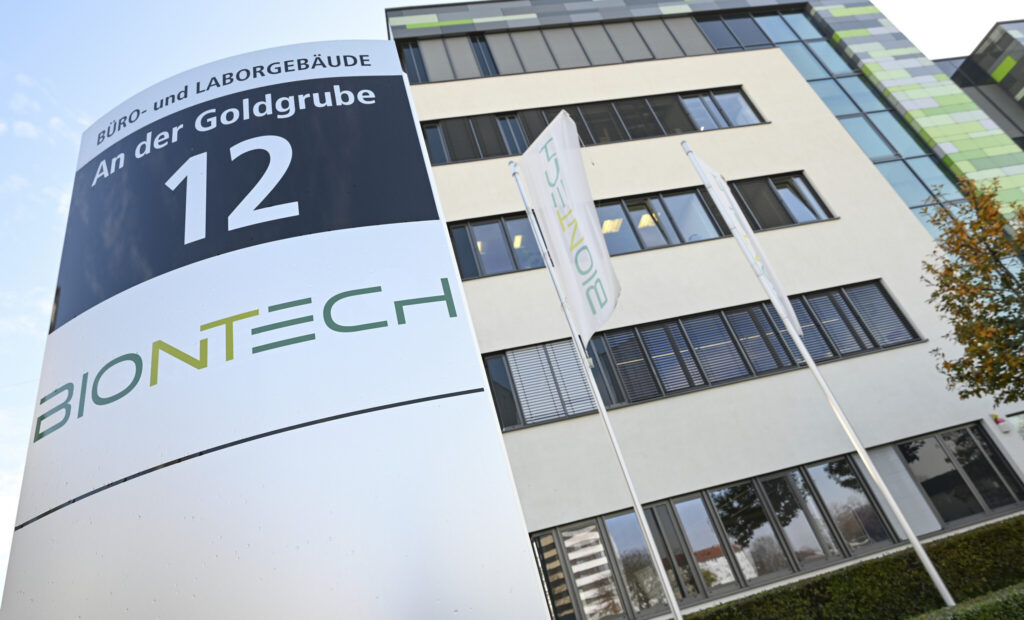BioNTech, the German biotechnology company, announced on Monday that it had received a notification from the U.S. National Institutes of Health (NIH) alleging that the company is in default concerning royalty payments and other financial obligations linked to its COVID-19 vaccine.
This vaccine was developed in collaboration with the American pharmaceutical giant Pfizer, marking a significant breakthrough in the fight against the COVID-19 pandemic.
Despite the allegations, BioNTech expressed disagreement with the NIH’s claims and has voiced its intention to contest all accusations of contractual violations.
The company stated, “BioNTech, which partnered with U.S. pharma giant Pfizer (PFE.N) for its COVID-19 vaccine, however, said it disagreed with the positions being taken by the NIH and intends to defend against all allegations of breach.”
At the time of reporting, representatives for the NIH had not provided comments in response to inquiries from the media.
BioNTech’s relationship with the NIH involves licensing agreements for specific patents, which, according to the company’s own annual report, necessitates payments to the U.S. government.
These royalties and other financial commitments are now at the center of the dispute, highlighting the complexities of pharmaceutical partnerships and the financial intricacies of vaccine development.
Adding to the narrative of BioNTech’s journey during the pandemic, the German government had previously allocated significant financial support to the company’s vaccine development efforts.
In September 2020, BioNTech received a grant of 375 million euros ($445 million) from Germany to aid in the rapid development and distribution of its COVID-19 vaccine.
This funding underscored the global urgency and collaborative efforts required to tackle the pandemic.
As this dispute unfolds, it sheds light on the challenging landscape of medical research, intellectual property rights, and the
